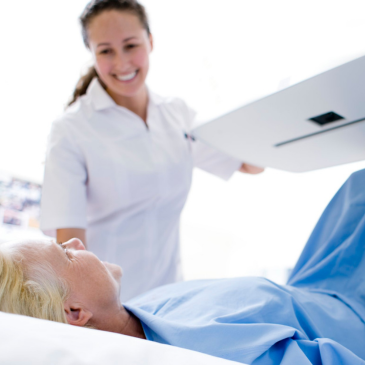The major changes that occur like menstruation, childbirth, and menopause, showcase just how amazing their bodies are, however along with that come some complicated conditions, and a range of health care check ups to maintain.
For those that may be feeling overwhelmed , please know that help is out there! There are a growing number of women’s health specialists, medications, natural products and supportive groups that you can join to help you through those more difficult times.
Have you been putting off your latest health check?
The last few years have been a huge challenge for a lot of people. Many of us have been overwhelmed and confused and have only been focussing on their health related to Covid.
So much so, that their regular health checks have fallen off the radar. A national survey by Jean Hailes foundation in 2022, has shown that nearly one in three women have not visited their dentist in the past 12 months, one in five women have missed a health check with their GP and many cancer screenings have been missed.
Some women are also dealing with a lot of anxiety surrounding their health. They may feel like the doctor will judge them for missing their appointments or they simply fear the test results. Some other women are also simply too busy or putting themselves last due to budget restraints.
Whether you have been putting off that latest health check due to nerves, budget, being busy or the pandemic, it’s time to take back control of your health. It’s time to book those health checks sooner rather than later, when unfortunately, it could be too late.
Getting your Health Back on Track
This is a great video that was created last year as part of the Women’s Health Week 2022. It’s all about how women can get their health back on track after the chaos of the last few years! Some great advice from host Louise Browne from Jean Hailes for Women’s Health and psychologist Bri Hayllar from Transitioning Well.
Why are Health Checks so important?
Health checks are one of the most important ways you can take care of your body and health. Health checks not only help to diagnose various specific conditions, they can also pick up early warning signals for other health conditions you may not have even considered.
Doctors and health specialists are fully trained and experienced in finding health issues before they become a larger issue and want to put you in the best position for good health.
Regular health checks help prevent and detect diseases and health conditions early. There are many conditions that respond to early treatment extremely well and your best chance at recovery and survival will be to book your relevant health checks at the time they fall due.
Women’s Health Checks and How Often to Book
Are your health checks up to date? Are you aware of the various health checks that are recommended for women and at what age you need them done?
It’s time to prioritise your own health and put your health checks back into your yearly planner!
Jean Hailes for Women’s Health, has released this handy guide of health checks for women as part of their Women’s Health Week –
- Blood Pressure Check –Due every 2 years from age 18, or more often if at increased risk.
- Cholesterol Check –Every five years from age 45 (age 35 for Aboriginal and Torres Strait Islander women). May be earlier/more frequent depending on family history and personal risk factors – speak to your GP.
- STI Screening –For sexually active women of all ages, speak to your GP about how often to screen for sexually transmissible infections (STIs). Women under 30 may need screening at least once a year.
- Pre-pregnancy Care –As needed, when women are of childbearing age.
- Breast Self-check –Once a month for women of all ages. Get to know the normal look and feel of your breasts. Speak to your GP if you notice any unusual changes.
- Breast Cancer Screening Mammogram –Every two years from age 50-74. Women with higher risk or family history of breast cancer may need to screen earlier/more often – speak to your GP.
- Heart Health Check –At least every two years from age 45 (age 35 for Aboriginal and Torres Strait Islander women)
- Diabetes Screening –At least every three years from age 40. May be earlier/more often for women at higher risk and those who are pregnant – speak to your GP.
- Bone Health (fracture risk) Review –Once a year from age 45 or post-menopause. Depending on bone health and risk of fracture/osteoporosis, your GP may suggest a bone density scan (DXA) every two years.
- Cervical Screening –Every five years from age 25 to 70-74. If you started having sex after age 25, screening starts two years after you were first sexually active.
- Bowel Cancer Screening –Every two years from age 50 for the general population. Women at higher risk may need to screen more often and with other tests – speak to your GP.
- Skin Check –Perform regular self-checks, looking for new/changed spots. Speak to your GP if you notice anything suspicious.
- Mental Health Check –If you are experiencing symptoms such as sadness, irritability, fatigue or anxiety; have had changes to your eating or sleeping habits; or have any other mental health concerns, speak to your GP.
- Dental Check –At least once a year for women of all ages. Dentist to advise if more frequent check-ups are needed.
- Eye Test –From age 65 if you notice vision problems. Speak to your GP if you have a family history of glaucoma.
- Hearing Test –Once a year from age 65.
- Vaccination Review –At least once a year for women of all ages.
Please note this is a general guide only. It is not specific medical advice or meant to replace advice from your medical practitioner.




